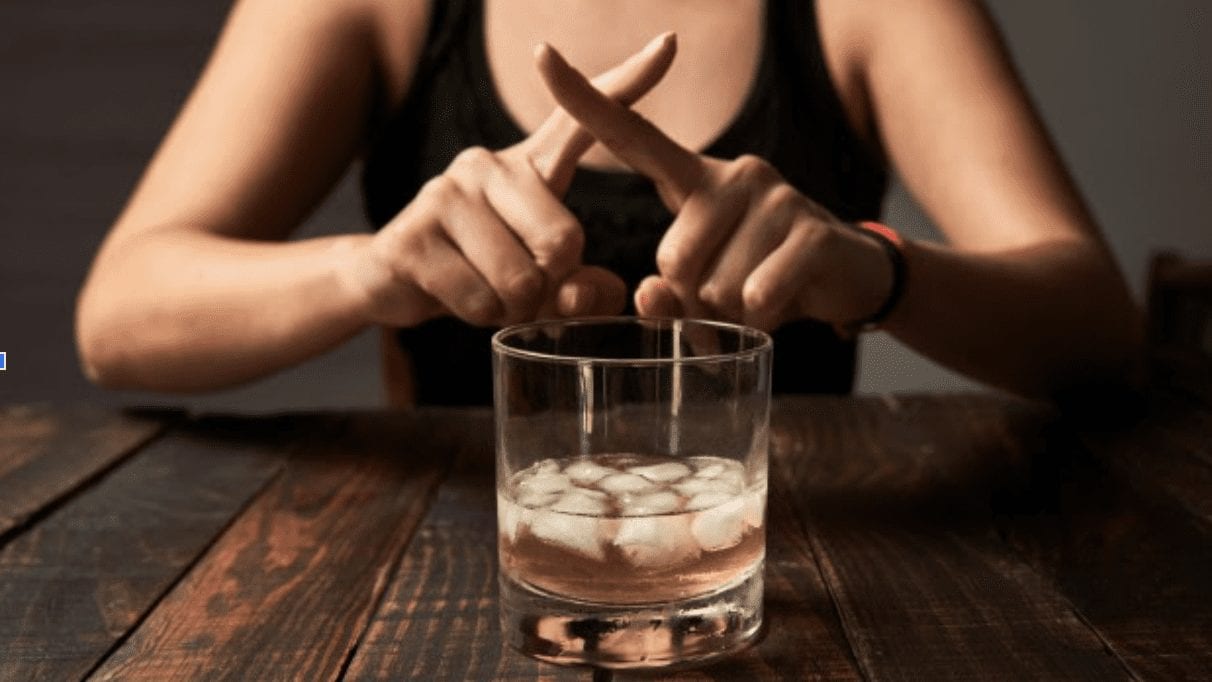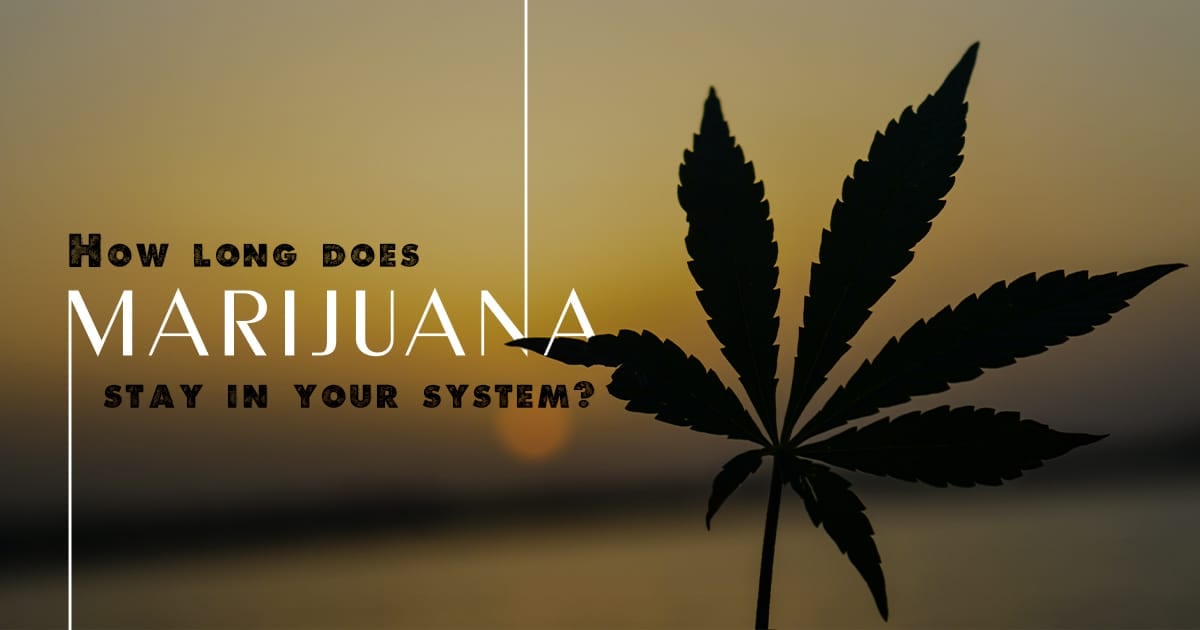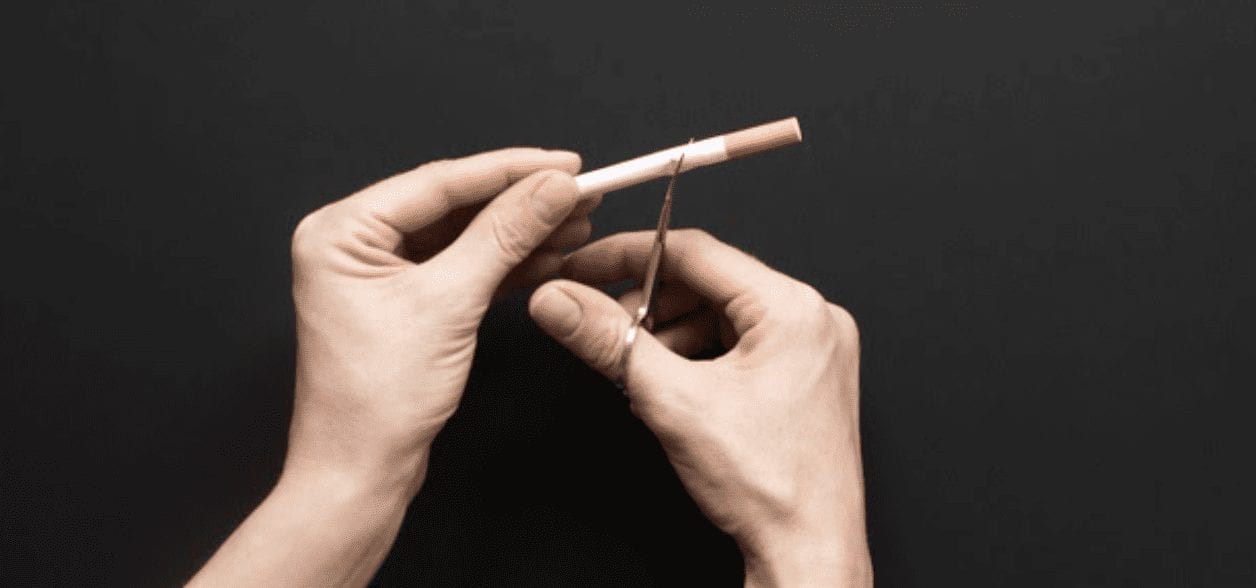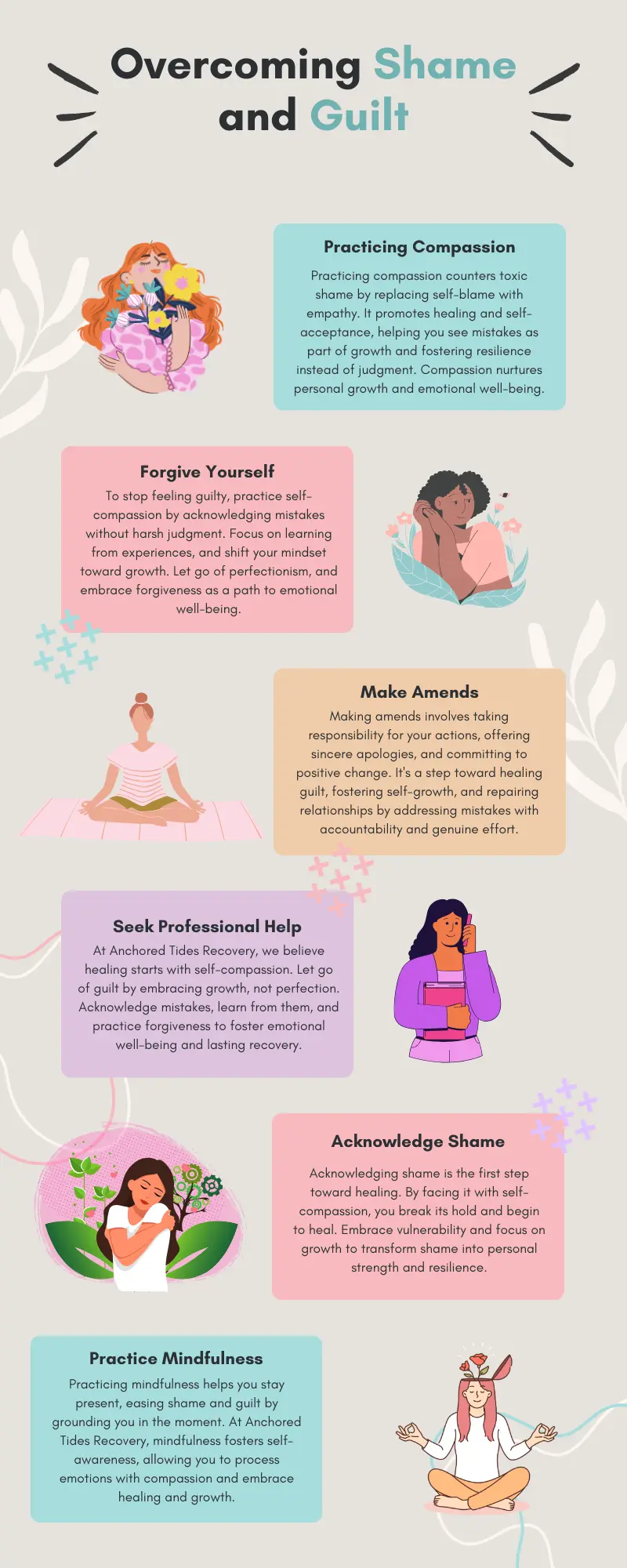
Do you find yourself constantly measuring your worth by comparing yourself to others? At Anchored Tides Recovery, a reputable Drug and Alcohol Rehab for Women in Huntington Beach, CA, we understand the profound impact this habit can have on your mental and emotional well-being. In this comprehensive article, we will delve deeper into the concept of comparison, explore its implications, and provide you with evidence-based strategies to overcome it.
Understanding the Dangers of Comparison
Comparison can be insidious, affecting various aspects of your life in subtle but significant ways:
- Low Self-Esteem: A study conducted by the American Psychological Association found that frequent social comparisons are linked to lower self-esteem.
- Anxiety and Depression: According to the World Health Organization, individuals who habitually engage in social comparison are at a higher risk of developing anxiety and depression.
- Impaired Relationships: The Journal of Social and Personal Relationships highlights that constant comparison can strain relationships, fostering feelings of jealousy and resentment.
Embrace Your Uniqueness
To break free from the shackles of comparison, start by embracing your uniqueness:
- Self-Reflection: Spend time in introspection, identifying your strengths, weaknesses, and personal achievements.
- Gratitude: Research published in the journal Personality and Individual Differences reveals that cultivating gratitude for your unique qualities and life experiences can enhance your overall well-being.
- Focus on Self-Improvement: Shift your focus from others to self-improvement, setting personal goals and celebrating your progress. The Journal of Positive Psychology suggests that pursuing personal goals can increase life satisfaction.
Limit Social Media Exposure
In our digital age, social media can be a breeding ground for comparison:
- Filter Your Feed: According to a survey by the Pew Research Center, 37% of social media users report having taken a break from platforms due to negative feelings stemming from comparisons. Unfollow accounts that trigger negative comparisons to cultivate a more positive online environment.
- Mindful Usage: Be mindful of your social media usage, recognizing that people often only share their highlight reels. A survey by the Royal Society for Public Health found that platforms like Instagram have a negative impact on mental health and well-being.
- Real vs. Virtual: Remember that what you see online isn’t always a reflection of reality. A study published in the journal Computers in Human Behavior highlights that social media can distort perceptions of others’ lives.
Seek Support and Guidance
Breaking free from the comparison trap may require external support:
- Therapy: Consider therapy or counseling to work through deeper issues related to self-worth and comparison. Research published in the journal JAMA Internal Medicine suggests that therapy can be effective in improving self-esteem and mental health.
- Support Groups: Joining support groups where you can share experiences and coping strategies with others facing similar challenges can provide valuable emotional support.
- Lean on Friends and Family: Opening up to trusted loved ones who can provide emotional support can be immensely helpful in your journey towards self-acceptance.
Practice Self-Compassion
Self-compassion is a powerful tool in overcoming comparison:
- Be Kind to Yourself: Treat yourself with the same kindness and understanding you extend to others. A study published in the journal Self and Identity found that self-compassion is positively associated with psychological well-being.
- Challenge Negative Thoughts: When you catch yourself comparing, challenge those negative thoughts with self-compassionate ones. The Journal of Happiness Studies indicates that self-compassion is linked to greater life satisfaction.
- Affirmations: Create positive affirmations to boost your self-esteem and self-worth. Research published in the journal Health Psychology and Behavioral Medicine shows that positive affirmations can improve self-esteem.
Anchored Tides Recovery is Here to Help
At Anchored Tides Recovery, our mission is to support women like you in overcoming addiction and the destructive habit of comparison. Our specialized programs, experienced staff, and commitment to personalized care set us apart. Don’t let comparison hold you back any longer; take the first step toward a healthier, happier you.
Call Anchored Tides Recovery Today!
Contact us today and visit our website to learn more about our comprehensive rehabilitation programs and how we can help you overcome addiction and the harmful habit of comparison.
FAQs
Is Anchored Tides Recovery exclusively for women in Huntington Beach?
Anchored Tides Recovery is open to women from all over the United States who are seeking recovery and personal growth.
What types of addiction do you treat?
While our primary focus is on drug and alcohol addiction, our holistic approach also addresses underlying issues contributing to addiction.
Do you offer virtual therapy sessions?
Yes, we provide virtual therapy sessions for individuals who may not be able to attend in person.
What sets Anchored Tides Recovery apart from other rehabilitation centers?
Our women-centered approach, highly experienced team, and unwavering commitment to providing personalized care make us unique.
How can I get started with Anchored Tides Recovery?
You can take the first step toward recovery by contacting us through our website to discuss your specific needs and available options.


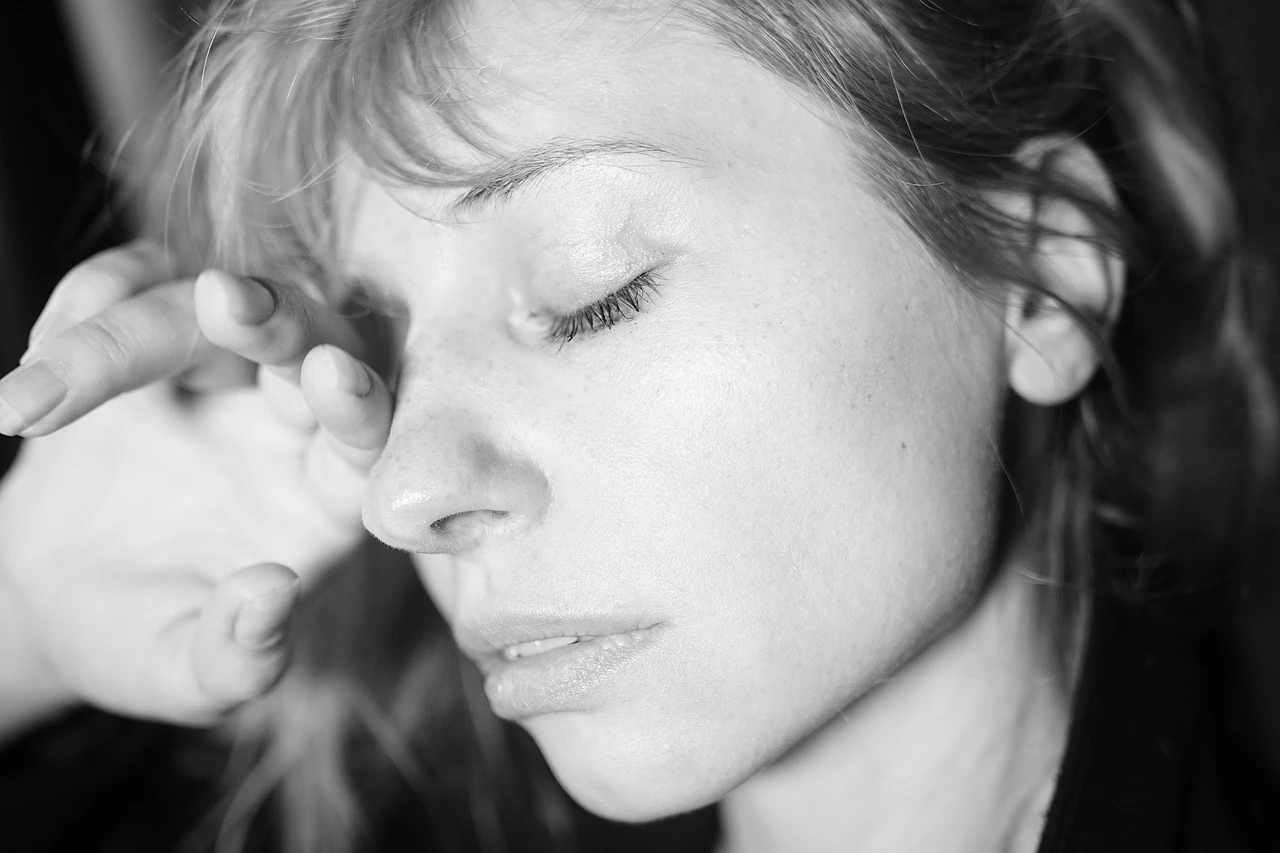
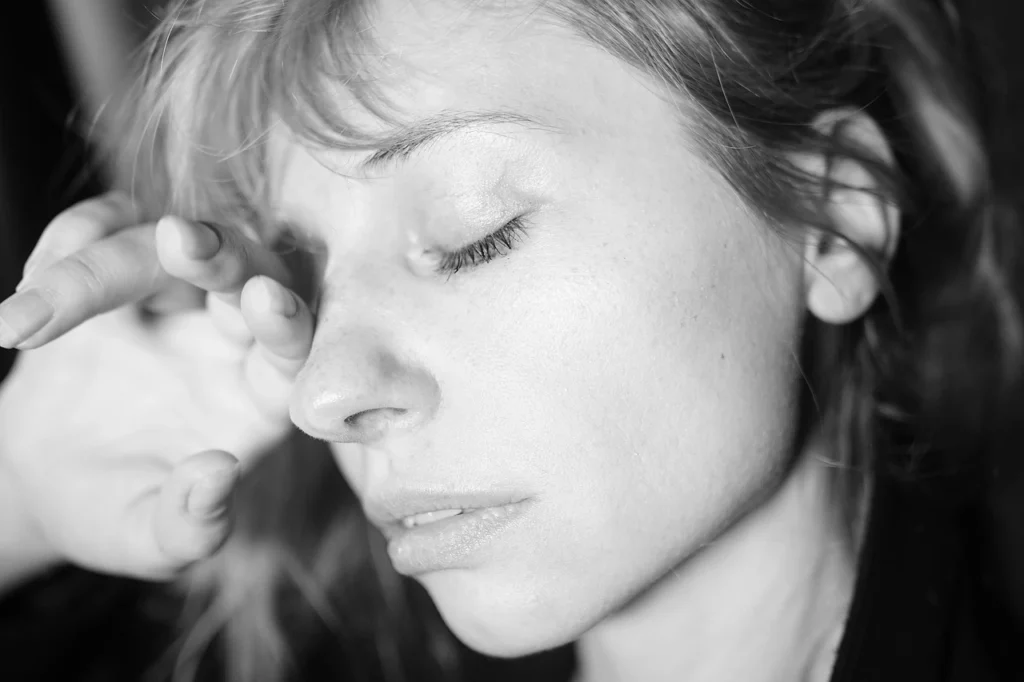


 In a world where the prevalence of depression continues to rise, finding effective and alternative treatments is of paramount importance. One such alternative that has been gaining attention is heated yoga. In a groundbreaking randomized controlled clinical trial conducted at Massachusetts General Hospital, researchers discovered that participants who engaged in heated yoga sessions experienced significant reductions in depressive symptoms compared to a control group. This exciting development suggests that heated yoga could be a promising addition to the arsenal of treatments for individuals suffering from moderate-to-severe depression.
In a world where the prevalence of depression continues to rise, finding effective and alternative treatments is of paramount importance. One such alternative that has been gaining attention is heated yoga. In a groundbreaking randomized controlled clinical trial conducted at Massachusetts General Hospital, researchers discovered that participants who engaged in heated yoga sessions experienced significant reductions in depressive symptoms compared to a control group. This exciting development suggests that heated yoga could be a promising addition to the arsenal of treatments for individuals suffering from moderate-to-severe depression.



